
System failure: The causes of humanitarian crises
Humanitarian crises in places like Afghanistan, Yemen or Ethiopia are not only a reflection of internal turmoil – but mirror a much grander development: system failure

Humanitarian crises in places like Afghanistan, Yemen or Ethiopia are not only a reflection of internal turmoil – but mirror a much grander development: system failure
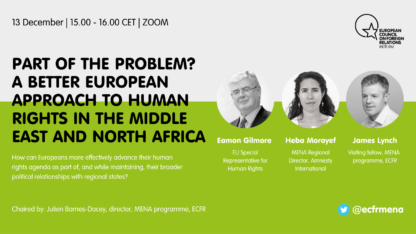
How can Europeans more effectively advance their human rights agenda as part of, and while maintaining, their broader relationships with regional states?
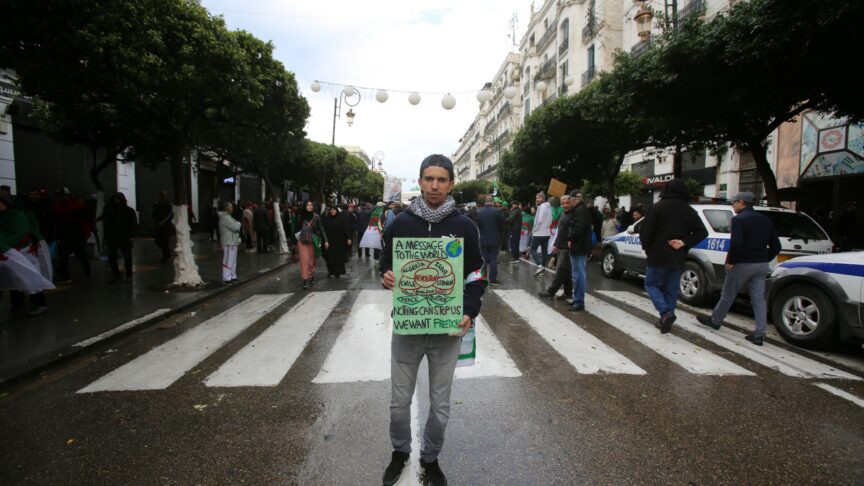
European states face accusations of neglecting the matter of human rights in their southern neighbourhood, and even of being complicit. Yet they are failing to maximise the influence they could bring to bear.

An Oxford-style debate in cooperation with Intelligence² Germany
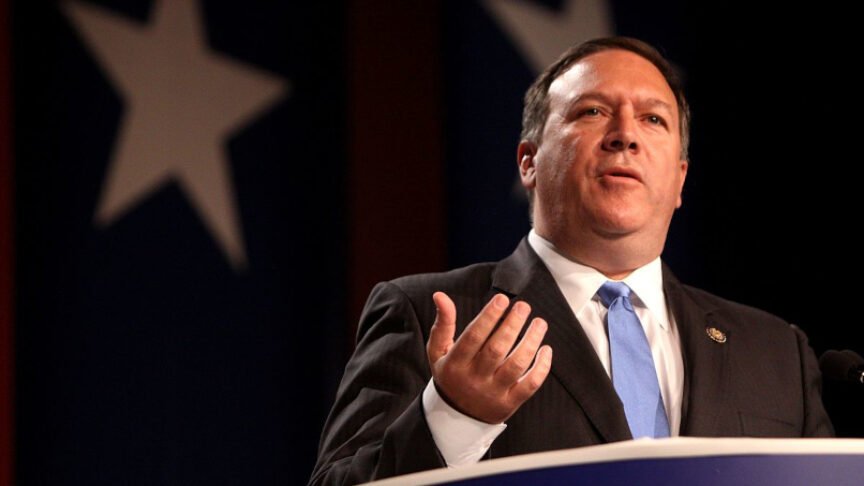
The US long ago took umbrage at the – unlikely – prospect that the ICC could prosecute Americans. The consequences of this stance are now revealing themselves.
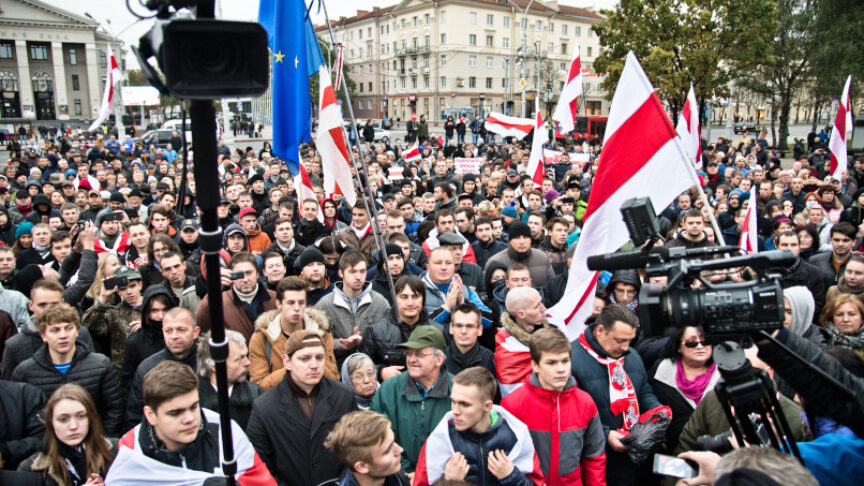
In the run-up to a difficult election for President Alexander Lukashenka, the three main opposition candidates have been excluded from the vote and there have been mass arrests. Western countries should try to deter further repression in Belarus without isolating the country.

Initiatives designed to change German attitudes towards colonial history will be important in improving Germany’s relations with African countries
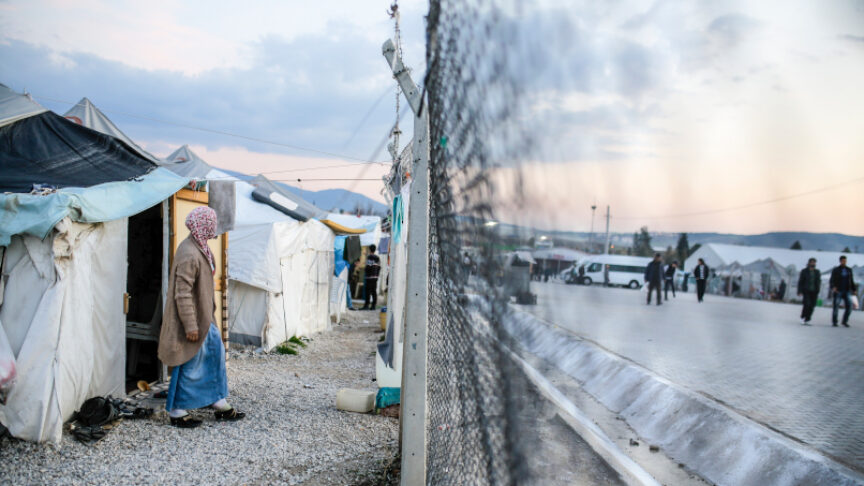
European countries should work to renew the UN Security Council resolution on cross-border humanitarian access to northern Syria, lest the area slides into a deeper humanitarian crisis
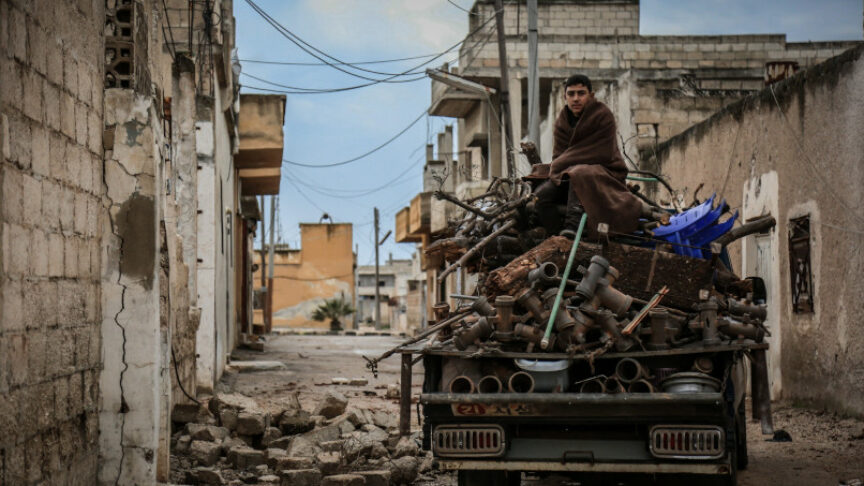
Syrian opposition figure calls on Europe to work closely with Washington to build on growing Russian frustration with the Assad regime and increase their demands of Moscow
Urgent intervention can mitigate the worst effects of the pandemic. But the EU should also help Gaza escape its man-made crisis.